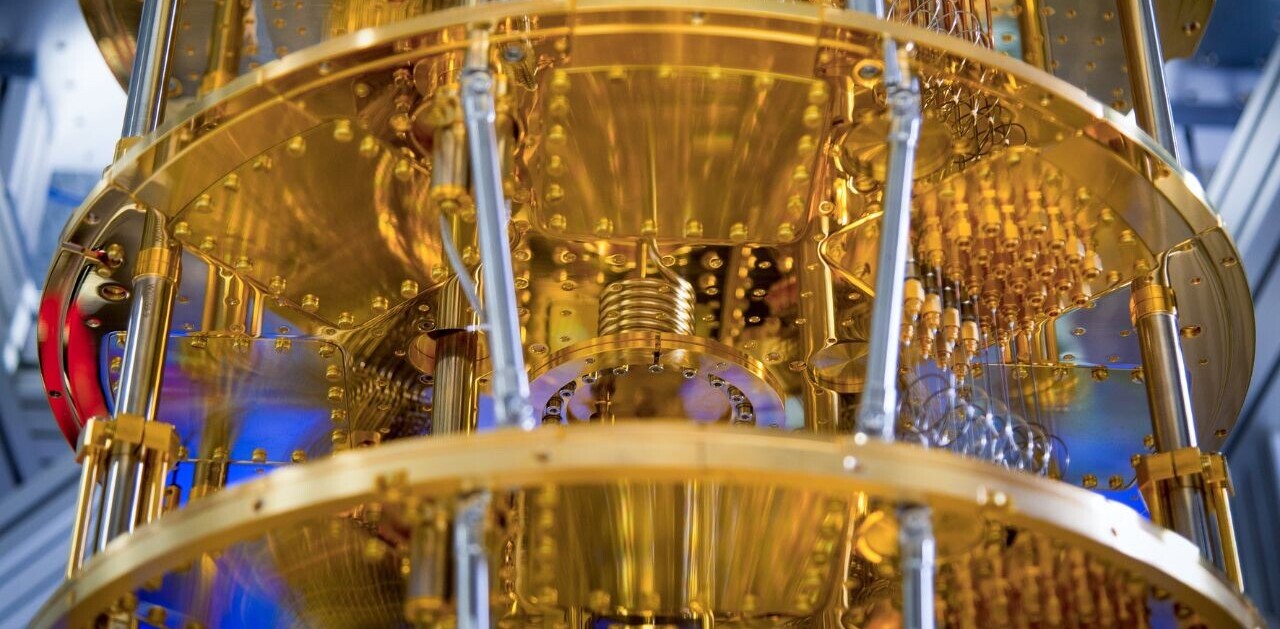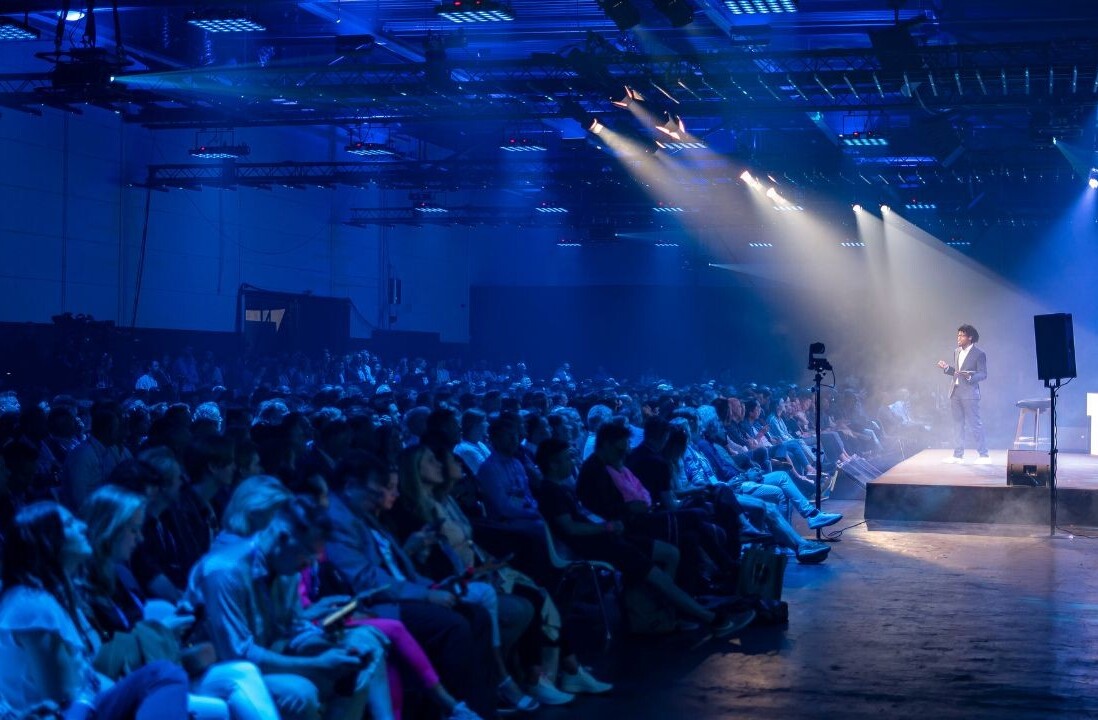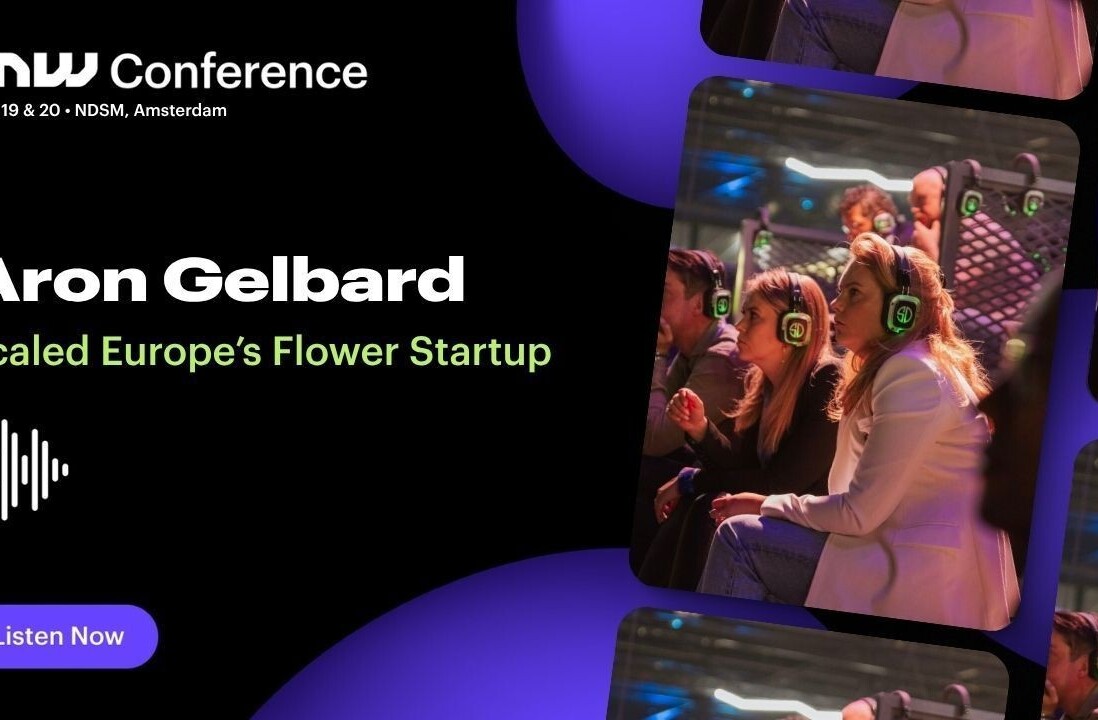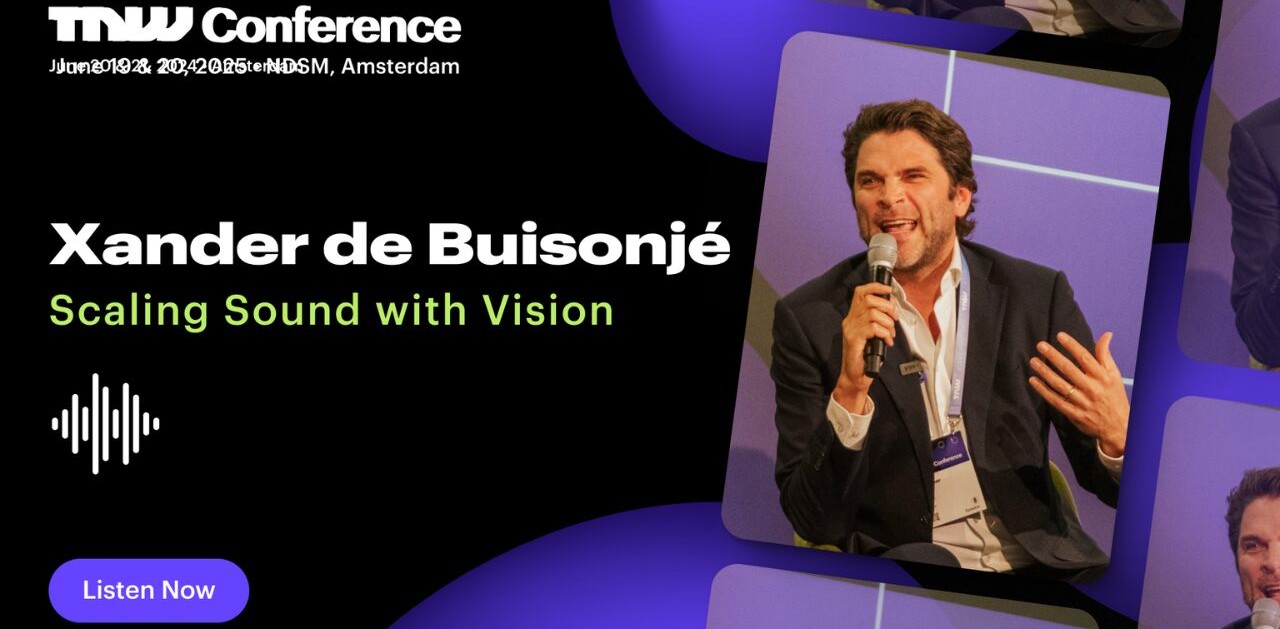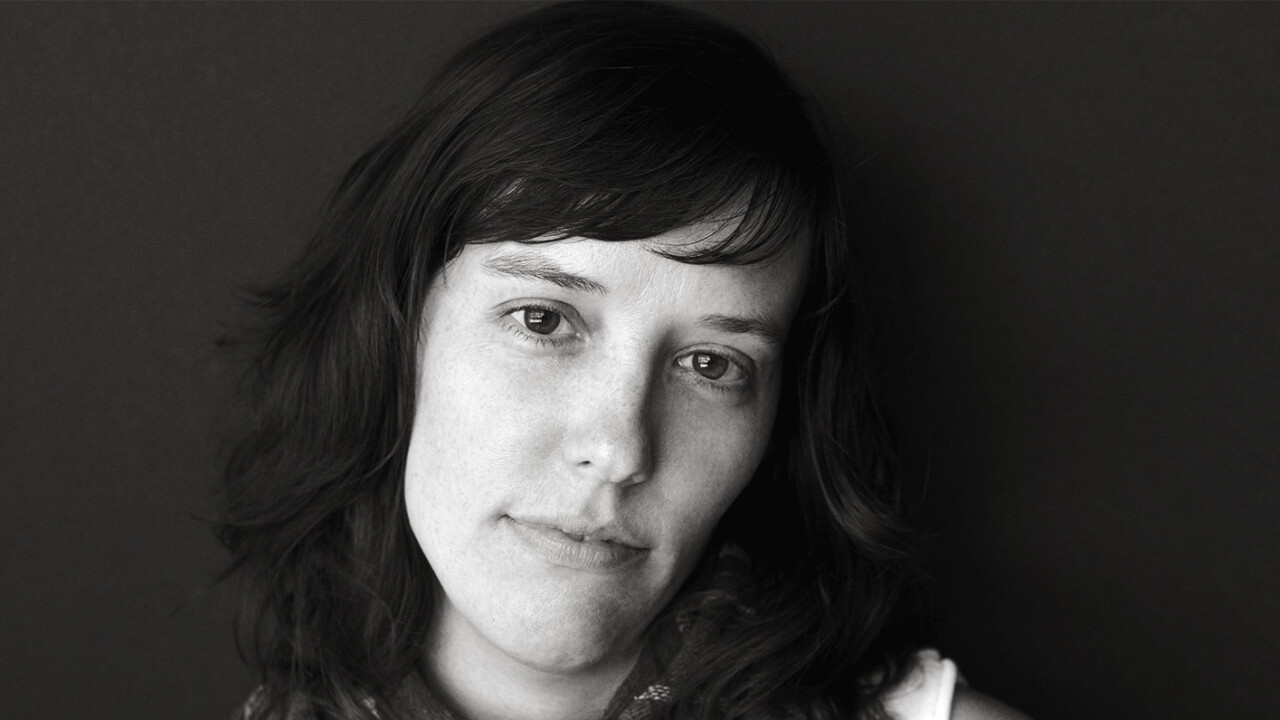
It’s not long before speakers take the stage at The Next Web Conference. As we are impatiently waiting, we wanted to get to know our speakers a bit more before we listen to them speak.
Jocelyn K. Glei is the author of Unsubscribe and founding editor of 99u.com and 99U Conference, which helped creatives make their ideas a reality. She will be speaking at The Next Web Conference about our addiction to email and how it hurts our productivity. As a sort of preview, she shared some tip with us on how to manage our inbox better.
Since she’s become fascinated with productivity and how to better manage our time to produce more meaningful work, one of those areas that sucks our productivity away is our email usage. This is why she spent a year writing and editing Unsubscribe so that we can be better at using email as a communication tool instead of a task manager.
Jocelyn describes herself as “a writer and publisher who’s obsessed with how we can find more meaning and creativity in our daily lives” by working on projects that encourage conscious productivity. Before publishing Unsubscribe and working at 99u.com, she was the first employee of Flavorpill, where she helped construct their editorial team and launched websites centered around coverage of arts and cultural events. Before then, she worked as a “jane-of-all-trades” at a web design firm conveniently located next to Monster.com in Boston.
Her career has led her to her current path and focus. “My perspective really comes out of a deep experience looking at culture and looking at how people work, as well as designing and building editorial properties. These days I fuse all of that into writing about how we can redesign the way we work in this world of fast-pace change to find more balance. I want to help people feel more confident, calm, and creative as they go about their daily work,” Jocelyn details.

She says that the average person checks their email 11 times an hour, processes 122 messages a day, and spends nearly 30% of their total work week on email. Jocelyn also explains that “it’s common practice to let email dictate your mood, your focus, and your to-do list at work. I think the outcome is that we’re spending a disproportionate amount of our time and energy on busywork and not enough time on challenging, creative tasks that will give our work real meaning.”
With all of this time spent on email and its detrimental effects on our productivity, Jocelyn created Unsubscribe to help solve the problem in the form of a modern guide. Jocelyn describes her book as a “guide to taming inbox overload and avoiding distraction—so that you can spend more time on the work that really matters.” The idea is to help readers break from their email addictions in order to prioritize their creative goals with the use of actionable tips in a fun-to-read book.
As someone who uses their email as a form of a to-do list, I asked her what her thoughts are for me and others like me who do the same. “The real danger here is that if you keep your to-do items inside of your inbox, you begin to treat your inbox like a to-do list. Most of us hate email because we treat it like a task, when it is actually a tool.”
She added, “Instead of using email as a tool for proactively getting the work we want to accomplish done, we often treat it like a boss, adopting a reactive approach where we treat every message as if it had the same importance and urgency.” She highly recommends keeping a to-do list outside of your inbox so that you can keep focus on your goals and what actually important to get the work done.
Jocelyn has changed the way she uses email, and has opted for different approaches to handling the messages that come in. From canned responses, to forwarding emails to her speaking agent, to reusable text snippets for common inquiries and interview questions, to just plain not replying, she utilizes a combination of all of them to handle her inbox.
While these solutions work for her currently, she realizes not all of them can work for everyone. “The best offense is a great defense,” she explains. “What are the types of messages in your inbox that are the biggest drag on your productivity? How can you reduce that load? Can you create canned replies? Can you delegate certain messages? Should you ignore some messages? Prioritizing in this manner frees you up to focus on the email (or other tasks) that will actually result in meaningful accomplishment.”

What are three top pro tips she shared to get you out of your inbox and into productive work?
Check your email in batches. She explains it’s been proven that those who check their email in batches (like two times a day for 30 minutes each) to power through their email are less stressed and more happy, and show an increase in productivity.
To multiply the effect, she recommends working on meaningful work first in the morning for 45-90 minute before ever checking your email for the first time that day. “When you turn your attention to your inbox, no matter what you find there—what fires you have to put out, what unwanted questions you have to respond to—you’ve already gotten some good work done that day.”
Boost your focus by closing your email completely. Jocelyn explained research shows having email open in the background, or even minimized, decreases performance. She recommends closing it all together, limiting to checking your email only on phone or tablet, or moving it to a different workspace or screen.
Keep in mind that email and multitasking reduces your IQ and creativity. Interestingly, Jocelyn explains that every time you stop to check your email, you incur a “switching cost,” or roughly 25 minutes of time that it takes to get back on task . She also mentioned that when people juggle their inbox and work at the same time, their IQ falls about 10 points, “the equivalent of working without a night of sleep or smoking reefer on the job,” thus, literally making you dumber.
As fascinating as all of this is about our emails and productivity, Jocelyn promises to have even more, possibly terrifying stats about our addiction to email and what she calls “fake productivity” or busywork when she speaks at The Next Web Conference. Don’t worry, though, she comes armed with ways to break from the vicious email cycle so you can actually get the important work done.
Don’t want to miss Jocelyns talk? Secure your tickets here!
Get the TNW newsletter
Get the most important tech news in your inbox each week.
